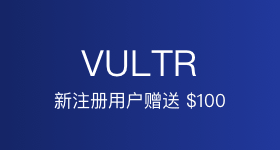Odin: Uber’ s Stateful Platform
摘要
The Odin platform aims to provide a unified operational experience by encompassing all aspects of managing stateful workloads. These aspects include host lifecycle, workload scheduling, cluster management, monitoring, state propagation, operational user interfaces, alerting, auto-scaling, and automation. Uber deploys stateful systems at global, regional, and zonal levels, and Odin is designed to manage these systems consistently and in a technology-agnostic manner. Moreover, Odin supports co-location to increase hardware cost efficiency. All stateful workloads must be fully containerized, a relatively novel and controversial concept when the platform was created.
This blog post is the first of a series on Uber’s stateful platform. The series aims to be accessible and engaging for readers with no prior knowledge of building container platforms and those with extensive expertise. This post provides an overview of Odin’s origins, the fundamental principles, and the challenges encountered early on. The next post will explore how we have safely scaled operational throughput, significantly improving our handling of large-scale, fleet-wide operations and up-leveling runbooks through workflows. Stay tuned for more posts in the series.
欢迎在评论区写下你对这篇文章的看法。


